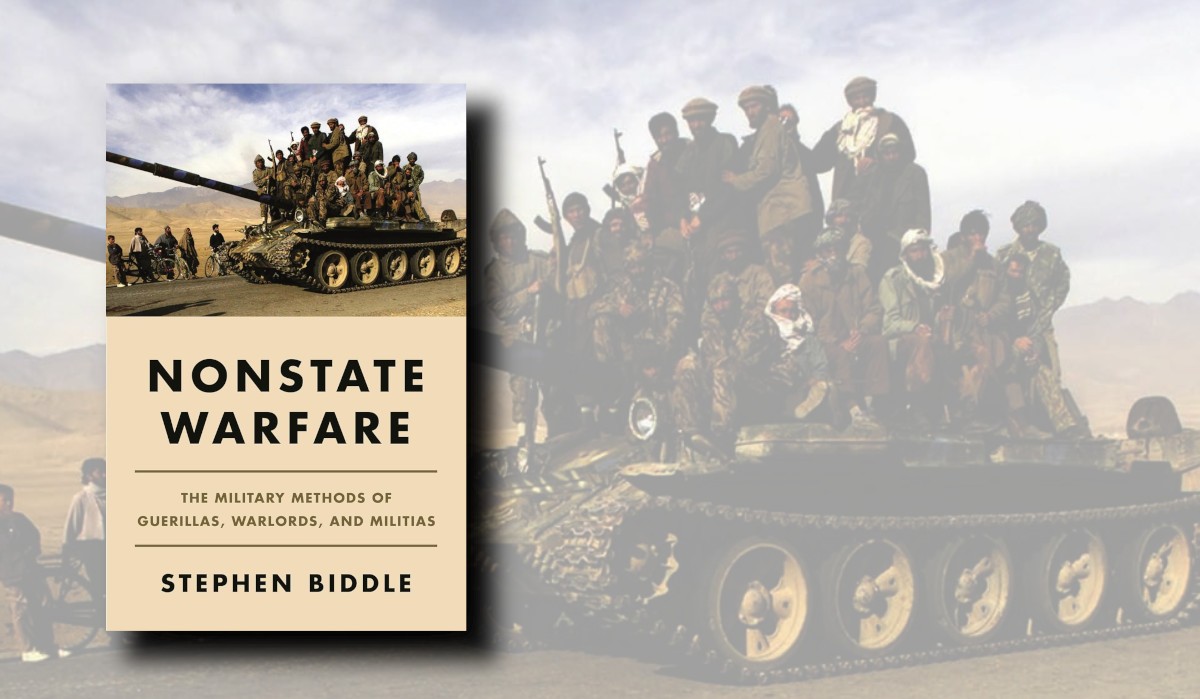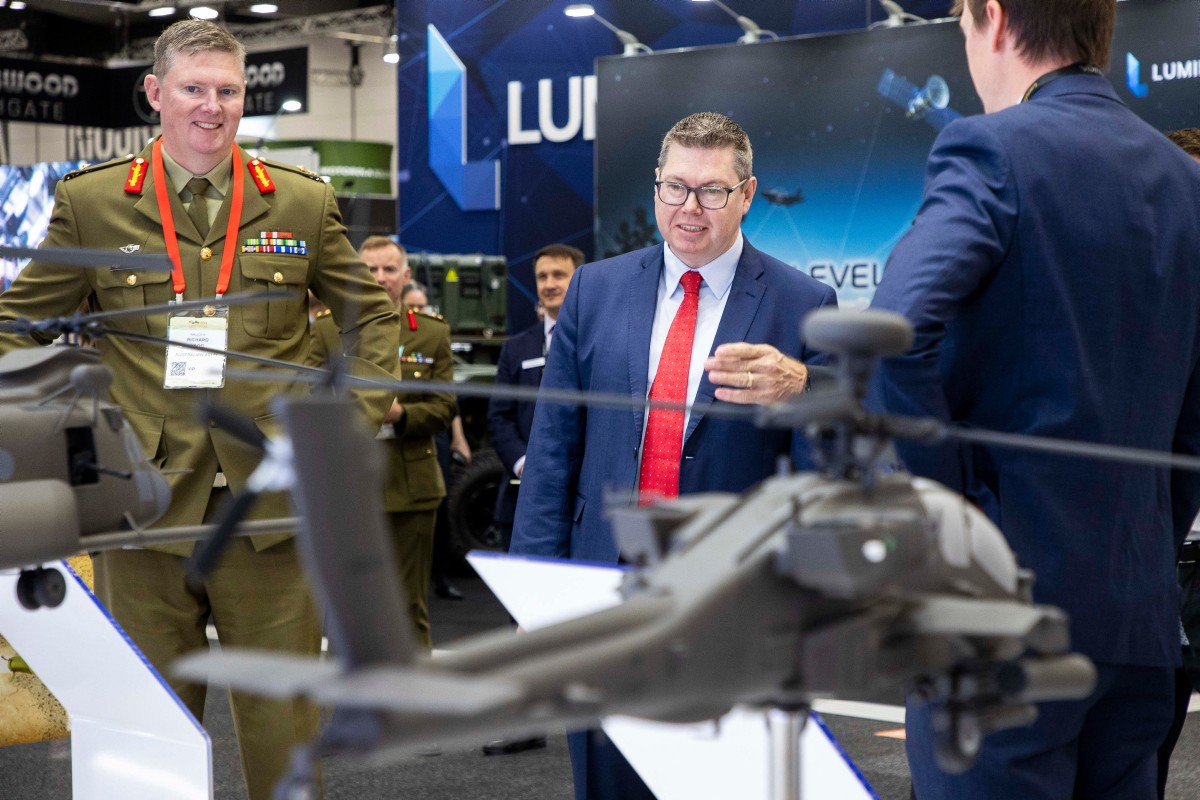Richard Iron
Biography
Richard Iron was educated at the King’s School, Canterbury and the University of Cambridge. He served for 37 years in the British Army, largely spent on operations in Northern Ireland (eight tours), the Sultanate of Oman, the Falkland Islands, the Balkans and Iraq.
He commanded an armoured infantry battalion in Bosnia and in Kosovo. He led a UK/US planning team in Kuwait for the 2003 invasion of Iraq. He was also responsible for the British Army’s subsequent analysis of the Iraq War.
In addition, he was an expert military witness for the prosecution in the Sierra Leone War Crimes trials, where he worked with ex-members of various guerrilla groups.
He was the Chief Mentor to the Iraqi commander in southern Iraq, planning and implementing the 2008 operation to free Basra from Iranian-backed Shi’a militias. Later, he was Defence Fellow at the University of Oxford and worked for the UK’s Chief of Defence Staff on developing the UK MOD’s capacity to think and work strategically.
After leaving the Army in 2012, he led the operation to provide security to the remaining US presence in Iraq. As a consultant he wrote and delivered the end of course strategic exercises for Royal College of Defence Studies and the Omani National Defence College. He was also a visiting fellow at the University of Oxford Changing Character of War programme.
He was Chief Operating Officer of Equilibrium-Global, an international strategic consultancy based in London, chaired by Lord David Richards. Major projects included advising the Kingdom of Bahrain on how to survive in the post-hydrocarbon age and working with the King of Jordan to roll back radical Islam in the Horn of Africa.
He moved to Melbourne in early 2016. He continues to write and lecture widely on doctrine, military history and counter-insurgency. His current research topics are radical Islam in the Middle East and warfare in Africa. He was lead editor of British Generals in Blair’s Wars and is writing a history of the Sierra Leone war from an African perspective. He is a Council Member of the Australian Institute of International Affairs in Victoria, where he hosts a series of conversations with interesting and influential people.



